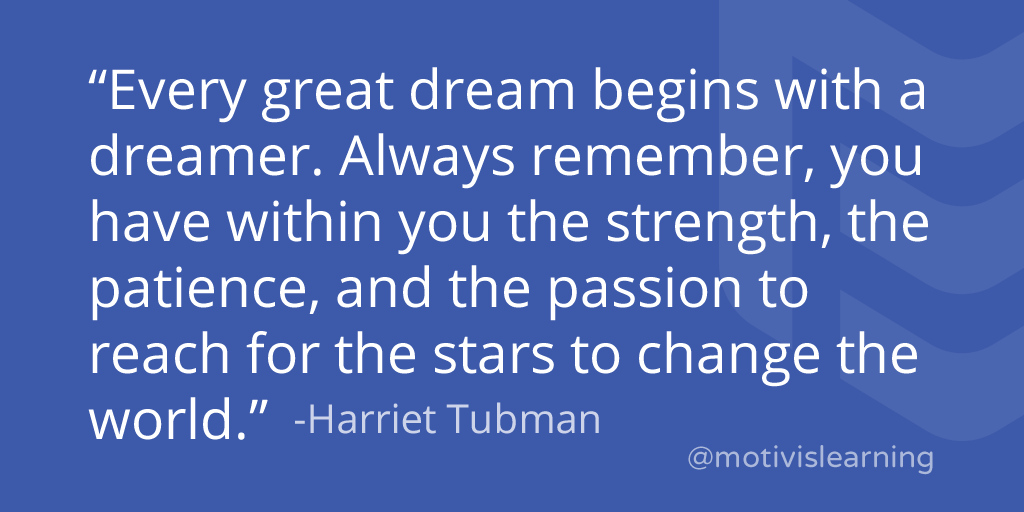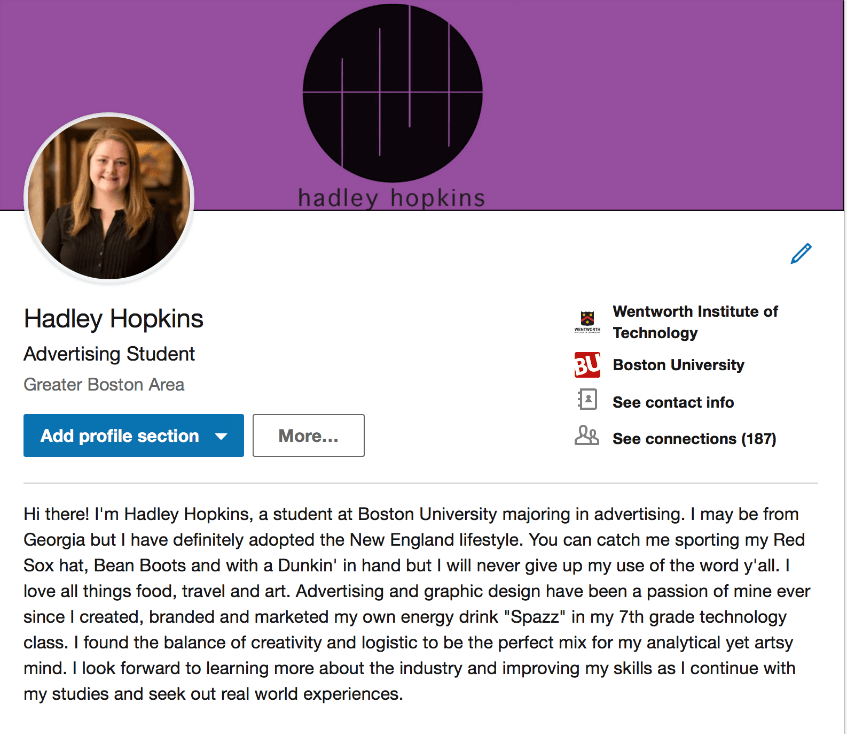By: Ria Kalinowski
Assistant Director, Abbey Pober and I recently sat down with Kyle Greenleaf, a recruiter from JLL, to talk about their hiring processes. Kyle focuses on recruiting for industrial facilities management with a focus mainly on life science clients. JLL is a property consultancy company specializing in property services and investment management. In the past, they have posted both full and part-time positions on WITworks for students with degrees in Architecture, Business Management, and Construction Management.
Kyle looks at hundreds of resumes on a weekly basis. Customization of your resume is ESSENTIAL if you want to stand out.
What does he look for?
- 50% prior relevant work experience
- 50% what makes YOU unique
When recruiting for co-op or entry-level positions, Kyle understands that you probably won’t have much relevant work experience. He will definitely look at any prior co-ops and relevant academic projects, but soft skills are hugely important. He is looking for breadth of experience rather than depth of experience. Interpersonal, communication, and leadership skills are good to emphasize but it’s more important to know YOUR strengths and focus on those. Your experiences and your personality make you unique so don’t be afraid to highlight those aspects of yourself.
Huge positive flags for Kyle are volunteer experience and involvement in athletics. Unless your experience is additive or really exceptional, leave off musical instruments, drama involvement, and other outside interests.
What should students do to build their resume?
Kyle’s advice is to find ways to practice leadership skills: start a club, become a club president, volunteer for something new, etc. Every single day you should do one thing that terrifies you or pushes you out of your comfort zone.
Ways to do that at Wentworth include taking Leadership Institute, applying to become a student leader, attending Speakeasy (a public speaking practice forum that meets Mondays at noon in Accelerate), getting involved with Accelerate or EPIC, or joining or starting a club.
What if a student doesn’t have any experience?
For students with little or no experience Kyle advises them to “show up” to the CO-OP + CAREER Fair to get in front of hiring managers as a great starting point. Do research about the company to show your interest. Employers will inevitably ask, “what do you know about us?” or “what made you stop by our booth today?” and having a comprehensive answer will give you a great advantage. Start networking as soon as possible. Find someone in your major who is a senior and take them to lunch. Ask them what they regret not doing or are glad they took advantage of. Reach out to alumni to ask about their career choices and learn about possible career paths.
Kyle’s Quick Tips
- Customize Your Application: Make sure your resume and cover letter show why you are a good fit for that particular position at that specific company.
- You have 7 Seconds to make a good first impression: Smile, have a strong handshake, and practice your professional introduction.
- Do Your Research: Whether you are writing a cover letter, heading to an interview, or attending a career fair, find out what the company does and determine why you are interested in them.
- Write (Good!) Cover Letters: They are necessary to help sell your experience and how you fit the position. If 6 people apply and 5 people write a cover letter and you don’t, you aren’t getting the interview.
- Reach out to Recruiters on LinkedIn: Send a connection request with this message, “I saw that JLL had an operations role posted and when I searched for recruiters at JLL, your name popped up. I’m not sure if you are specifically the right person to contact for this role, but I’d love to speak with you about it if you are. If you aren’t the right person, perhaps you could you point me in the right direction.”
Most Important Take Away
Kyle wants to remind all applicants to be passionate about the company and the position and show that passion! This is something I’ve heard from so many recruiters and hiring managers. The best employees understand the company’s mission and goals and have a strong passion for them. Recruiters don’t want to hire someone who wants A job, they want to hire someone who wants the SPECIFIC job they are hiring for. Contact your Co-op + Career Advisor for help with writing your cover letter and customizing answers to interview questions to show your passion.
To hear the entire conversation, check out the WITworks Radio Show here.
To make an appointment with your Co-op + Career Advisor call the front desk at 617 989 4101 or stop by during Spring 2019 Drop-In Hours: Monday, Tuesday, and Wednesday 1:30pm – 4:00pm while classes are in session.











